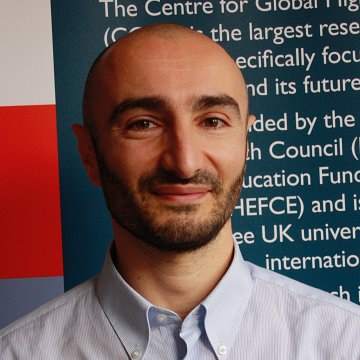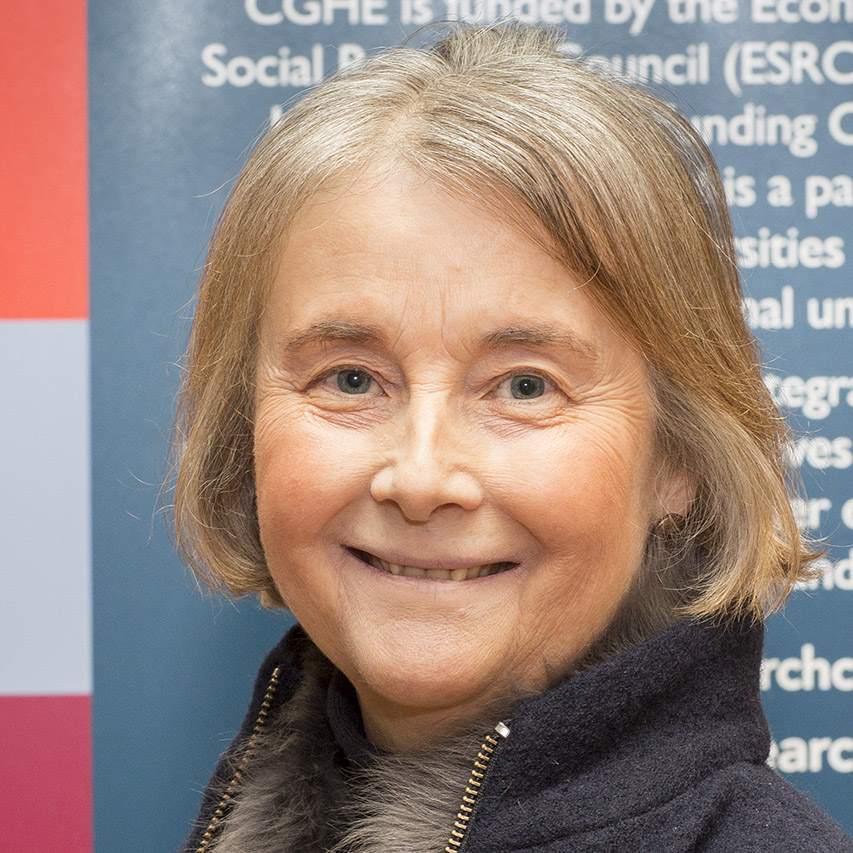CGHE 2020 Annual Conference webinar: Academic work and careers online and offline
Due to the COVID-19 outbreak, the 2020 CGHE conference did not go ahead as planned on 1 April at Senate House, University of London. Instead we are bringing to a larger worldwide audience the pick of this year’s conference discussion as a webinar series. The second webinar in the conference paper series focuses on aspects of academic work and careers, including Diana Laurillard and Eileen Kennedy on the role of online learning in professional education, now more important in the pandemic, and findings from three years of research on the UK academic profession by Celia Whitchurch, Giulio Marini and William Locke.
“Like having a little conference every day”: MOOCs, universities and engaging professional education
Eileen Kennedy and Diana Laurillard
Can we grasp higher education’s newfound interest in online learning to create a different model for knowledge exchange with professionals?
MOOCs are online learning at scale, in many forms from talking-head lectures to vibrant communities of practice where participants exchange knowledge and experience with their professional peers. The paper presents findings from in-depth interviews with MOOC participants using an adapted repertory grid technique. In online, participant-led interactive sessions, interviewees were asked about their positive and negative experience of social learning and interactivity, comparing a range of MOOCs and other online learning. We consider the role of educators, the importance of discussion prompts and participants’ experience of learning from peers, which for many participants was a vital part of learning. However, many also pointed to cases where discussion lacked structure or meaning or the presence of educators: online experiences often failed to meet expectations. More effective design of MOOCs, foregrounding purposeful discussion, can better support professional learners. A shift towards MOOCs for interactive, social learning could change popular understanding of what MOOCs can do. It could transform knowledge exchange between universities and professionals, and public use and understanding of science and scholarship.
Challenging career models in higher education: The rise of the ‘Concertina Career’
Celia Whitchurch, Giulio Marini and William Locke
How do staff see their opportunities and shape their work in a difficult UK academic labour market? What kind of career do they imagine for themselves and can it be achieved?
How do staff see their opportunities and shape their work in a difficult UK academic labour market? What kind of career do they imagine for themselves and can it be achieved?
As part of CGHE’s inquiry into the future higher education workforce, the researchers collected data from the same set of academics in two sets of interviews (2017-18 and 2019-20), and surveyed all academic staff in five of the eight case study institutions in 2018/19. Half of the individuals had changed their dominant approach in the two-year period, moving between the three career types established from the first set of interviews, Mainstream, Portfolio and Niche. However, three quarters also showed evidence of holding on to two or more approaches at the same time. Previous studies in higher education have failed to account for this fluidity of approach within a career, the way that people may work to one model while holding on to the possibility of another. The ‘concertina’ career is characterised by an expansion and contraction of activity, as well as a stretching/and compression of timescales, according to circumstances. Career timelines and promotion criteria assume a unitary direction of travel, but individuals also explore, interpret and stretch the spaces along the given route, and discover new spaces in which they accumulate career credit. The survey component of the research sheds more comprehensive light on the origins and potential destinations of academic staff within and outside higher education institutions and focuses especially on how previous experience may influence current career tracks, and whether and why academic staff may leave higher education in future for other sectors.



